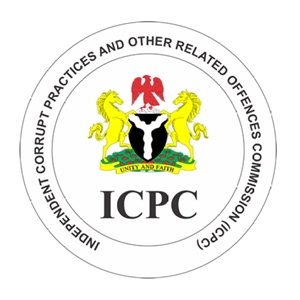Sexual Harassment On The Rise In Schools, ICPC Boss Laments

The Chairman of the Independent Corrupt Practices and Other Related Offences Commission (ICPC), Dr. Musa Aliyu, has raised concerns over the increasing incidents of sexual harassment in primary and secondary schools across the country.
Speaking at a national stakeholders’ engagement on sexual harassment prevention, organized by the ICPC in collaboration with Gender Mobile Initiative and the Ford Foundation, Dr. Aliyu emphasized the need for stringent consequences for offenders to curb the menace. He highlighted that only a “consistent, persistent, focused, and united campaign” can effectively address the issue.
The event aimed to ensure the proper implementation of the Model Policy for Tertiary Institutions. Dr. Aliyu noted that while sexual harassment is more notorious in tertiary institutions, it is also rampant in primary and secondary schools. He recalled that the ICPC, with the support of the Ford Foundation, had previously drafted anti-sexual harassment policies for various educational institutions.
Dr. Aliyu stressed the importance of these policies serving as guidelines for institutions to develop comprehensive measures against sexual harassment. He warned that anyone, regardless of status, designation, or gender, could be a victim or perpetrator of such acts. He urged for the proper implementation of these model policies to ensure their success, emphasizing the active participation and commitment of all stakeholders.
Minister of Women Affairs, Uju Kennedy-Ohaneye, announced that the Federal Government is establishing mobile courts to expedite the prosecution of sexual harassment cases. She stated that the issue extends beyond tertiary institutions and is prevalent in primary and secondary schools, often perpetrated by teachers and sometimes among pupils. The Ministry plans to collaborate with hotel owners to prevent underage children from accessing such facilities and to report incidents to security agencies.
Omowumi Ogunrotimi, Founder and Executive Director of Gender Mobile Initiative, stressed the importance of a preventive framework over a response framework. She highlighted the collaborative efforts with ICPC to design an inclusive policy, validated through extensive community engagement, including stakeholders from the National Universities Commission (NUC), National Board for Technical Education (NBTE), and the student community.
Over 25 Commissioners of Education attended the stakeholders’ engagement, underscoring the collective effort to tackle sexual harassment in Nigeria’s educational institutions.

